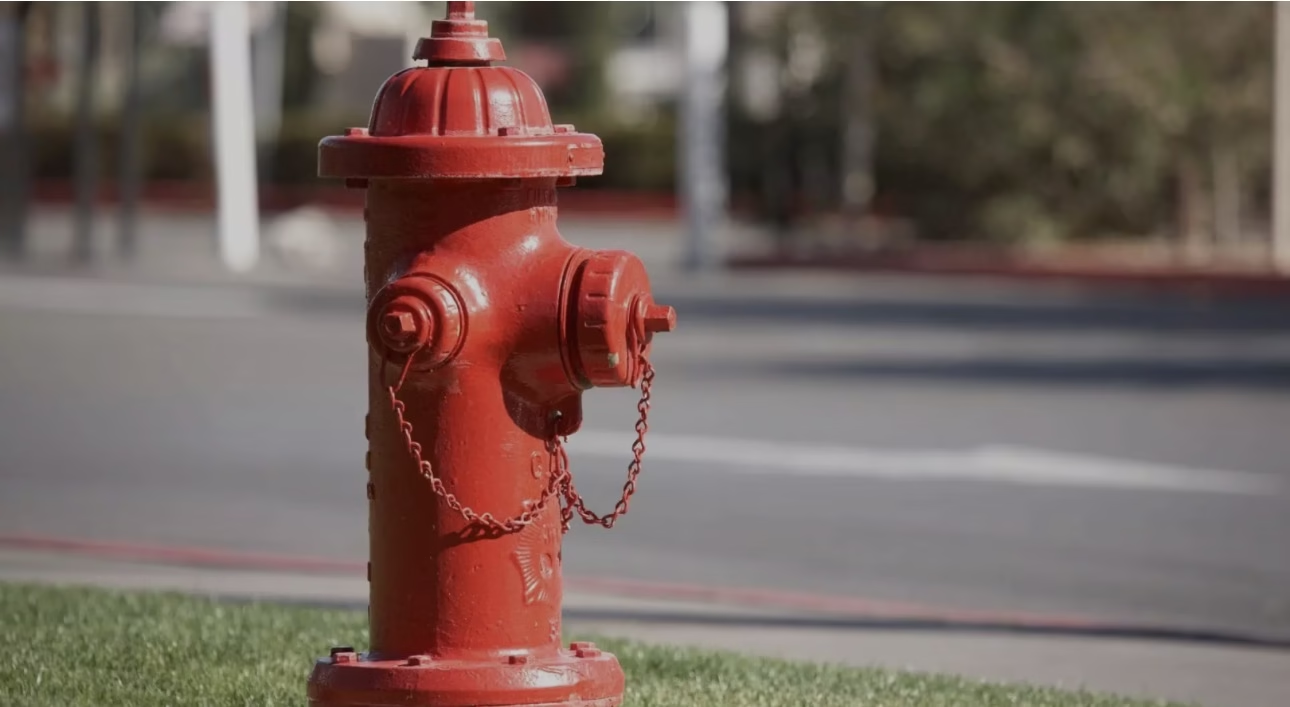Ghana’s Malls Face Fire Safety Concerns as Fire Hydrant Systems Remain Neglected

As Ghana’s skyline continues to rise with modern shopping malls, mixed-use complexes, and high-rise apartments, a growing concern is emerging among safety experts — the neglect of functional fire hydrant systems. While these facilities are designed to symbolize progress and urban sophistication, many of them remain ill-prepared for fire emergencies due to inactive or poorly maintained fire hydrants.
A Disaster Waiting to Happen
Recent spot checks by Nsemgh in parts of Accra, Kumasi, and Takoradi revealed that many malls and commercial centers either lack visible hydrants or have systems that are non-functional due to poor maintenance and inadequate water pressure. In some cases, hydrants were covered, rusted, or obstructed by vehicles — a dangerous oversight in high-traffic environments.
A senior officer at the Ghana National Fire Service (GNFS), who spoke on condition of anonymity, warned:
“A modern building without a functional fire hydrant is a ticking time bomb. The tragedy often begins not with the fire itself but with our inability to respond quickly because hydrants are either dry or inaccessible.”
Malls Under Scrutiny
Ghana’s leading malls — including the Accra Mall, West Hills Mall, Kumasi City Mall, and Takoradi Mall — attract tens of thousands of visitors daily. Yet, according to some facility management insiders, routine hydrant checks are not always prioritized, especially after construction handovers.
While Ghana’s Building Code and Fire Precaution (Premises) Regulations, 2003 (L.I. 1724) mandate installation and maintenance of fire hydrants, enforcement remains weak. Some malls rely solely on internal sprinklers and extinguishers, assuming that’s enough protection — a false sense of security that could prove fatal in a large-scale blaze.
Lessons from Past Incidents
Fire disasters at facilities like Makola Market, Odawna Market, and other urban centers have already exposed how lack of accessible hydrants worsens fire control efforts. In 2023, GNFS struggled to contain a blaze at a warehouse near the Spintex Road industrial area because nearby hydrants were non-functional.
Fire experts insist that hydrants — both external municipal ones and private in-building systems — form the backbone of emergency response. Without them, even the best-trained firefighters can only do so much.
The Water Supply Problem
According to Ghana Water Company Limited (GWCL), many hydrants in city centers are inactive because of low pressure or illegal connections. Some hydrants are also destroyed during road expansions or construction projects without being replaced.
The GNFS has called for a national fire hydrant audit, proposing that every municipality map, label, and test all hydrants quarterly — and that shopping centers be required to display hydrant locations and maintenance records as part of their occupancy license.
Public Awareness and Accountability
Safety analysts emphasize that fire prevention is not just a government duty but a shared responsibility. Mall operators, shop owners, and the general public must treat fire drills, hydrant checks, and extinguisher servicing as essential — not optional.
“We invest millions in construction and millions in goods, but we neglect the very thing that protects it all — safety infrastructure,” said civil engineer and safety consultant, Emmanuel Nartey.
The Way Forward
- Mandatory Hydrant Audits: Annual inspection by GNFS with published reports.
- Hydrant Mapping: Every mall and urban center should have a visible hydrant map for emergency access.
- Penalties for Non-Compliance: Fines and license suspensions for facilities without functioning hydrants.
- Public Education: Continuous campaigns on fire prevention and emergency response.
- Partnership with GWCL: Ensure steady water pressure and hydrant maintenance.
Conclusion
As Ghana’s urban centers modernize, safety must grow alongside development. A mall without an operational fire hydrant system is not a modern facility — it’s a high-risk structure disguised in luxury. Preventing tragedy requires not just policies on paper but consistent inspection, enforcement, and civic responsibility.
Nsemgh calls on authorities, developers, and the public to take fire safety seriously — because prevention is always better than firefighting.

